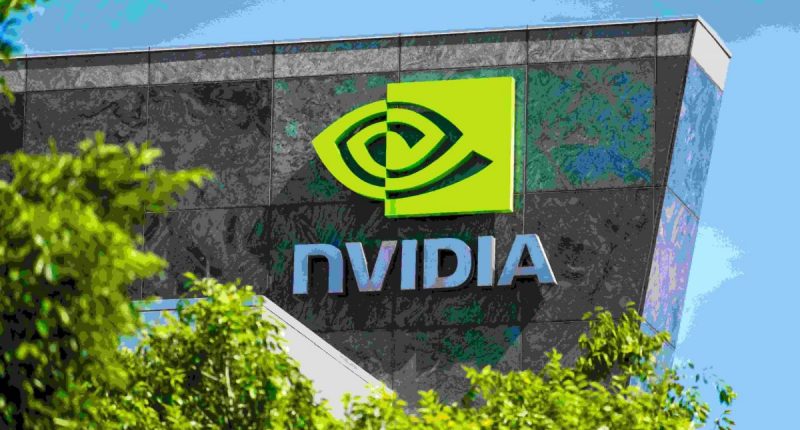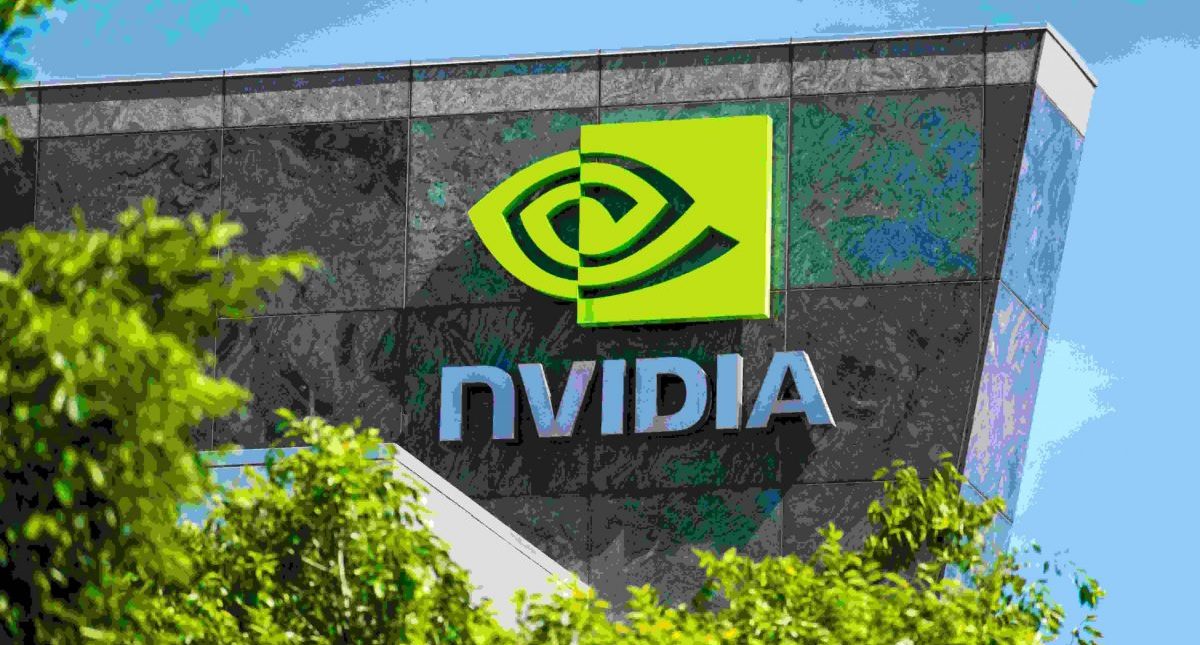- Nvidia (NASDAQ:NVDA) delivered fiscal results for the most recent quarter, surpassing expectations on the top and bottom lines
- The semiconductor giant reported record quarterly revenue of US$35.1 billion, up 17 per cent from Q2 and up 94 per cent from a year ago
- Nvidia projects a revenue of approximately US$37.5 billion for Q4
- Nvidia stock (NASDAQ:NVDA) opened trading at US$149.35
Nvidia (NASDAQ:NVDA) delivered fiscal results for the most recent quarter, surpassing expectations on the top and bottom lines.
The semiconductor giant reported a revenue of US$35.1 billion, marking a 17 per cent increase from the previous quarter and a 94 per cent increase year-over-year. This growth points to Nvidia’s position in the technology sector, particularly in AI and gaming.
Earnings performance
For Q3, the household name in AI chip design and software reported GAAP earnings per diluted share reached $0.78, up 16 per cent from the prior quarter and up 111 per cent compared to the same period last year. Non-GAAP earnings per diluted share were reported at $0.81, reflecting a 19 per cent increase from the previous quarter and a 103 per cent increase year-over-year.
In the previous quarter, the top chipmaker had forecast revenue of US$32.5 billion, plus or minus 2 per cent.
Nvidia released demand details on its Blackwell AI chips, which Jensen Huang, Nvidia’s founder and CEO called “insane” in an interview last month.
Data centre
Nvidia’s data centre segment continues to thrive, with revenue hitting a record US$30.8 billion, up 17 per cent from the previous quarter and 112 per cent year-over-year. The company announced the launch of Nvidia Hopper H200-powered instances across major cloud platforms, including AWS, CoreWeave, and Microsoft Azure, with Google Cloud and Oracle Cloud Infrastructure set to follow. Nvidia has been collaborating with T-Mobile, Ericsson, and Nokia to advance the commercialization of AI-RAN through its new AI Aerial platform.
Gaming revenue
While the data centre business has become Nvidia’s primary revenue driver, the company’s gaming division, which once held that title, also showed positive momentum.
The gaming segment reported revenue of US$3.3 billion, reflecting a 14 per cent increase from the previous quarter and a 15 per cent increase year-over-year. The company celebrated the 25th anniversary of the GeForce 256, the world’s first GPU, which laid the groundwork for modern gaming and AI technologies. At Gamescom, Nvidia showcased its ACE and digital human technologies, enhancing in-game character interactions with the Minitron 4B model. The company also introduced 20 new GeForce RTX and DLSS titles, including anticipated releases like ‘Indiana Jones and the Great Circle’ and ‘Dragon Age: The Veilguard’.
Automotive shifts into gear
Nvidia’s automotive revenue reached US$449 million, up 30 per cent from the previous quarter and 72 per cent year-over-year. The company announced that Volvo is set to launch a new electric SUV powered by NVIDIA’s accelerated computing technology. Nvidia also introduced Project GR00T, a suite of AI and simulation tools aimed at advancing robot learning and humanoid development. Companies like Toyota and Ola Motors are now leveraging Nvidia’s Isaac and Omniverse platforms to pioneer the next generation of physical AI.
2025 Outlook
Looking ahead, Nvidia projects a revenue of approximately US$37.5 billion for Q4, with a margin of plus or minus 2 per cent. The company expects GAAP and non-GAAP gross margins to be 73.0 per cent and 73.5 per cent, respectively, with operating expenses estimated at US$4.8 billion and US$3.4 billion. Nvidia also anticipates other income and expenses to yield around US$400 million, excluding gains and losses from non-affiliated investments. The expected tax rates are projected at 16.5 per cent, plus or minus 1 per cent.
Leadership commentary
“The age of AI is in full steam, propelling a global shift to NVIDIA computing,” CEO Huang said about its current generation and next-generation chips in a news release on these results. “Demand for Hopper and anticipation for Blackwell — in full production — are incredible as foundation model makers scale pretraining, post-training and inference.”
About Nvidia Corp.
Nvidia Corp. accelerates computing to help solve computational problems. The company has two segments. The computer and networking segment includes its data centre accelerated computing platform, networking, automotive AI cockpit, autonomous driving development agreements and autonomous vehicle solutions, as well as electric vehicle computing platforms, Jetson for robotics and other embedded platforms, along with Nvidia AI Enterprise and other software and cryptocurrency mining processors. The graphics segment includes GeForce GPUs for gaming and personal computers.
Nvidia stock (NASDAQ:NVDA) opened trading 1.30 per cent higher at US$149.35 and has risen 190.66 per cent since the year began.
Join the discussion: Find out what everybody’s saying about this stock on the Nvidia Corp. Bullboard, and check out the rest of Stockhouse’s stock forums and message boards.
The material provided in this article is for information only and should not be treated as investment advice. For full disclaimer information, please click here.
(Top photo: Nvidia Corp.)





